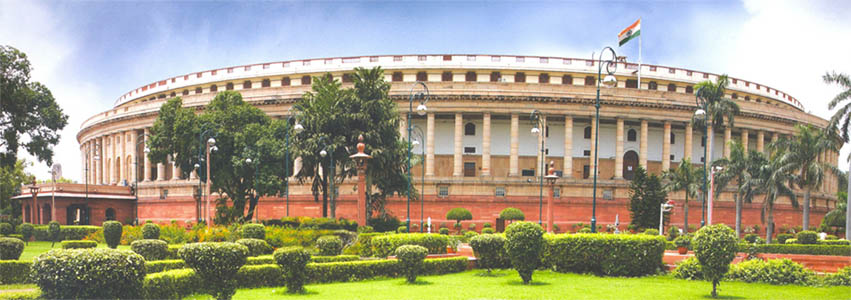NEW DELHI, Aug 4: Over 4,000 foreigners have been granted Indian citizenship in the last five years with Gujarat leading the tally while almost an equal number of applications from people belonging to the Hindu community are pending, the Union Ministry of Home Affairs told Parliament on Wednesday.
The Ministry of Home Affairs data, which was tabled in the Rajya Sabha, stated that 4,171 foreigners have been granted citizenship, of which 1,089 were granted by Gujarat.
Rajasthan came in second with 751 being granted Indian citizenship followed by Madhya Pradesh – 535, Maharashtra – 446, Haryana – 303, and Delhi – 301.
The Ministry also provided year-wise data. In 2016-212, in 2017-161, in 2018-309, in 2019-265, and in 2020-142 people were granted the Indian citizenship.
“They have been granted citizenship under old laws and it has nothing to do with the Citizenship Amendment Act (CAA),” a senior ministry official clarified. In another reply, the MHA said under CAA, beneficiaries would be eligible for citizenship only after rules under the legislation were notified.
“The practice of online processing of citizenship applications started in 2018 with an aim to facilitate the applicants by speedy disposal of applications in a transparent manner,” Minister of State for Home Affairs Nityanand Rai told the Upper House.
According to the minister, as many as 4046 applications of people belonging to the Hindu community were still pending with state governments and 10 with the Central government as of July 31.
As per the MHA data, 1,541 Hindus have sought citizenship in Rajasthan, 849 in Maharashtra, 555 in Gujarat, 490 in Madhya Pradesh, 268 in Chhattisgarh, 123 in Delhi, and 96 in Uttar Pradesh.
“Eligible persons covered by the Citizenship Amendment Act may submit applications for grant of citizenship after appropriate rules are notified by the central government,” Rai said in response to a query whether the government had received new applications after the CAA, 2019 was enacted.
“There is no proposal under consideration of the government for any further amendment of the Citizenship Act,” he added.
The CAA was notified on December 12, 2019, and came into force with effect from January 10, 2020, the minister said.
“The Committees on Subordinate Legislation, Lok Sabha and Rajya Sabha have been requested to grant further extension of time up to January 9, 2022, to frame the rules under the Citizenship (Amendment) Act, 2019,” Rai said.
According to the Manual on Parliamentary Work, the rules for any legislation should be framed within six months of presidential assent or the government must seek an extension. In this case, the government received an extension for the fifth time for framing these rules.
The CAA envisages granting Indian nationality to persecuted non-Muslim minorities – Hindus, Sikhs, Jains, Buddhists, Parsis, and Christians – of Pakistan, Bangladesh, and Afghanistan. Under the act, the people from these communities, who had come to India till December 31, 2014, due to religious persecution in their home countries, will not be treated as illegal immigrants and will be granted citizenship.
(Manas Dasgupta)

